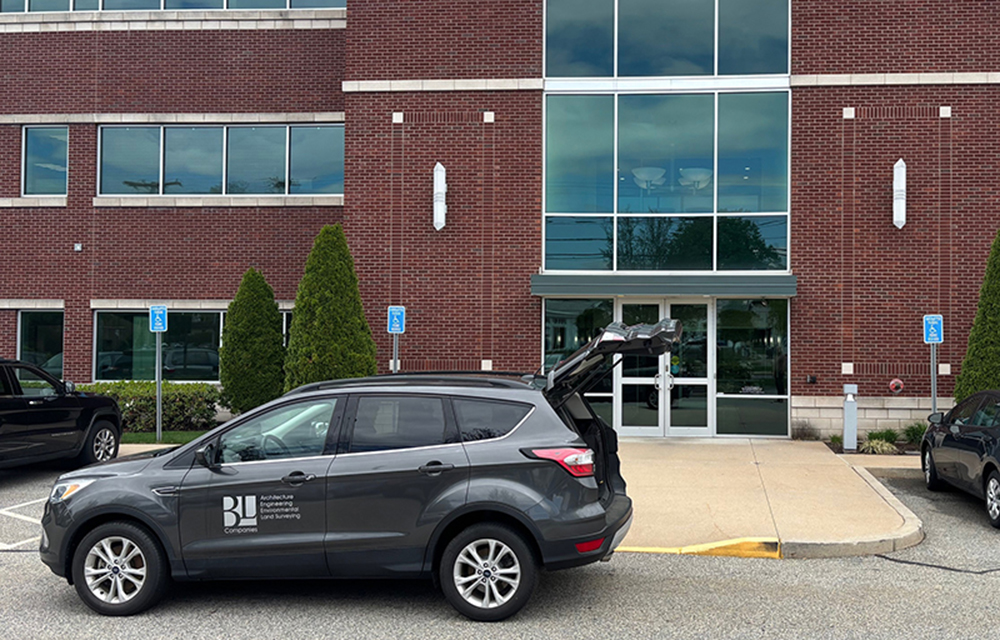State legislature ends session without passing PLA bill - by Joe Camilo

Massachusetts taxpayers dodged a bullet when the state Senate didn’t take up legislation passed by the House in the waning moments of the legislative session that would have made it easier for municipalities and state agencies to use union-only project labor agreements (PLAs) on construction projects. Supporters of a level playing field in public construction projects must now remain vigilant, as PLA advocates may raise the issue again in informal session, which will continue through the November elections, and in which a single opposing vote can stop legislation from passing.
The fact that reducing competition increases prices is Economics 101. At a time when the commonwealth struggles with a housing affordability crisis caused by insufficient supply, it doesn’t make much sense to further increase construction costs by preventing the 82% of the construction workforce that chooses not to affiliate with a union from participating in public projects.
Massachusetts’ Supreme Judicial Court has ruled that PLAs violate state bidding laws unless strict conditions are met, and a Hampden County Superior Court recently affirmed that ruling when it struck down a PLA on the construction of a $325 million water treatment plant. Judge Michael Callan wrote that “the PLA poses such a significant disadvantage to open shops as to render a competitive bid impossible…. the PLA excludes open shops from bidding, as it essentially requires bidders to execute an agreement to use union laborers on the project.”
After the PLA was struck down, a single winning subcontractor bid from ABC MA member Wayne J. Griffin Electric saved $15.5 million over the next lowest union bid on the project.
The Boston Globe followed up that ruling by writing in an editorial that PLAs are bad public policy and unfairly limit competition while driving up project costs. “There really is no strong policy argument for imposing a PLA… Such agreements usually drive-up costs for the taxpayer… Further, it is unfair to the many Massachusetts construction workers who are not union members. It means that those workers are paying taxes to help fund projects that PLAs would exclude them from working on.”
PLA’s also run counter to efforts to ensure that public projects are built by a diverse workforce. The then-head of the National Black Chamber of Congress testified at a congressional hearing that 98% of Black and Hispanic construction companies are non-union, and that a PLA “greatly limits the opportunities for Black and Hispanic firms whenever they are used. The possibility of Black and Hispanic labor is greatly suppressed also.”
Closer to home, the Black Economic Council of Massachusetts (BECMA), wrote in a 2021 letter to the state Senate that, “We are deeply concerned about the historical exclusionary effect that PLAs have had on Black, Latinx, Asian, Indigenous, immigrant women and LGBT workers and construction firms. (PLA) prohibits construction firms owned by Black people and other people of color – which are overwhelmingly open shop enterprises – from using their own workforce that they have hired, trained, developed, and retained, and that are drawn largely from communities of color.”
The failure of last-minute PLA legislation is an important victory for Massachusetts taxpayers, but politics is fickle. Please let your state representatives and senators know that project labor agreements discriminate against more than 80% of the state’s construction workforce and needlessly increase costs. Urge them to oppose any legislation PLA supporters may seek to revive in informal session.
Joe Camilo is the chairman of Associated Builders and Contractors Inc.-Mass. Chapter and is the vice president/general manager at Tocco Building Systems, Billerica, Mass.
Reveler Development plants a tree for grand opening of The Eddy


Ask the Electrician: Is summer a prime time for commercial electrical maintenance?

The rise of incubators and co-working spaces: The latest in life sciences - by Matt Combs

Careers in Construction Month focus on training and safety - by Joe Camilo








.png)